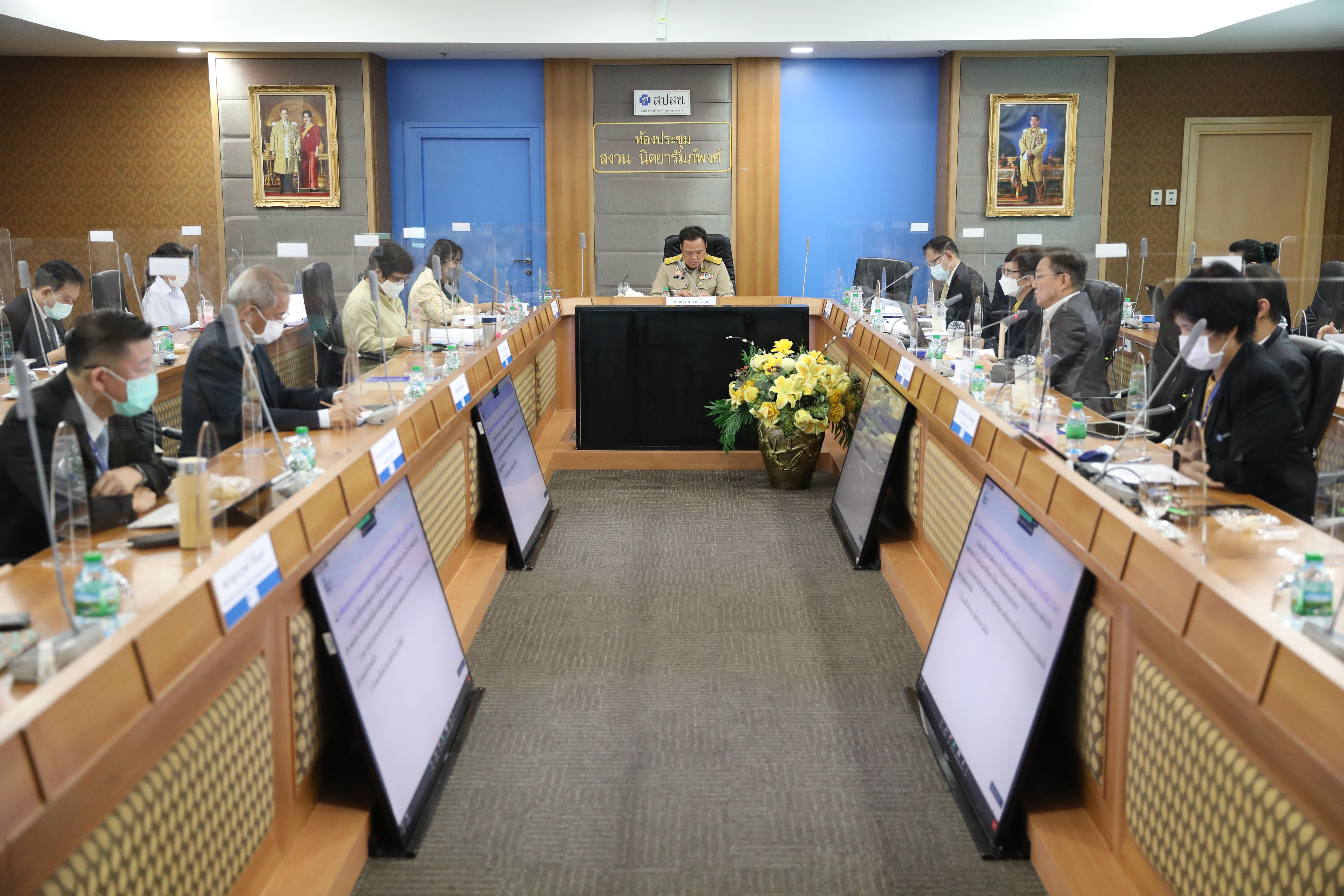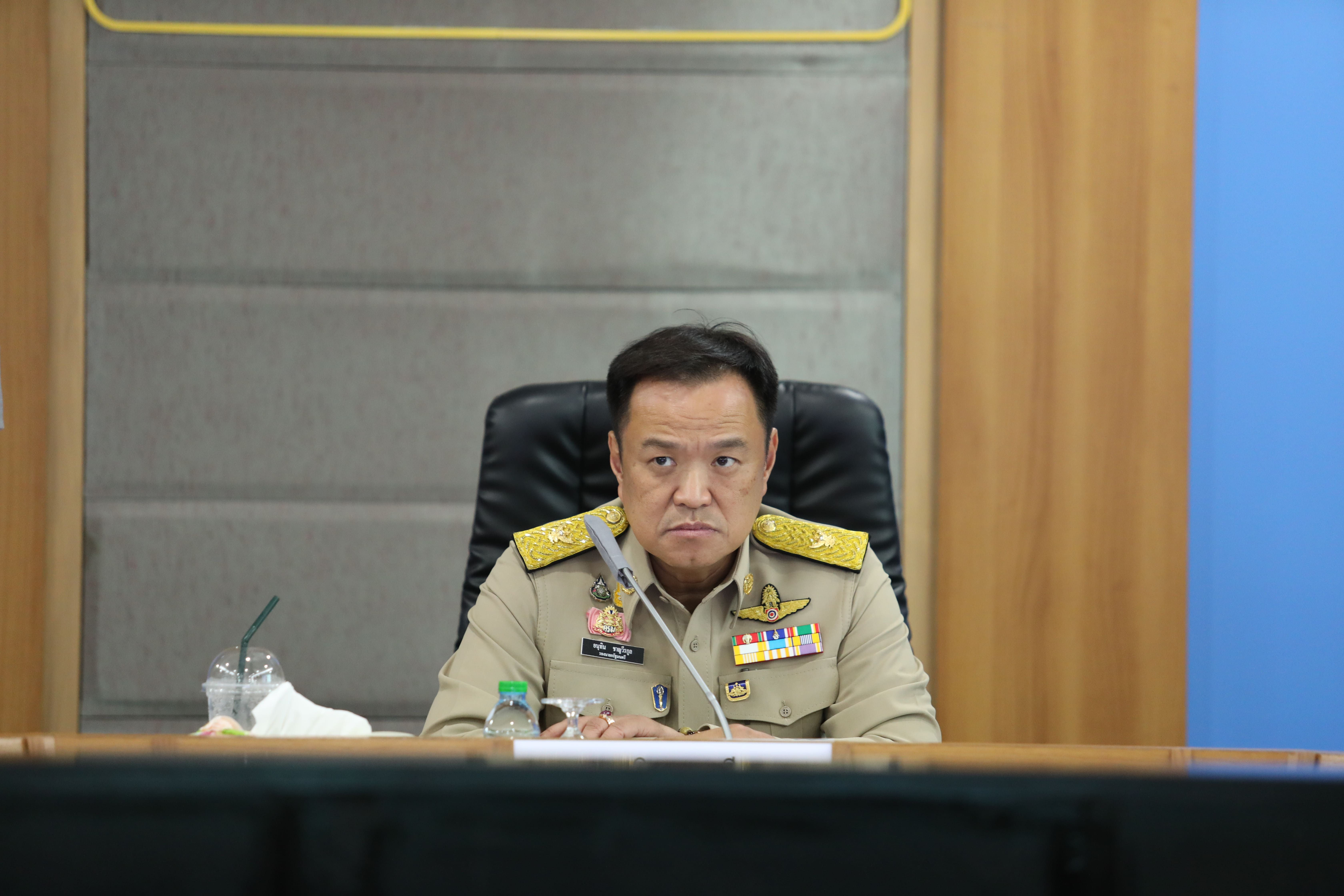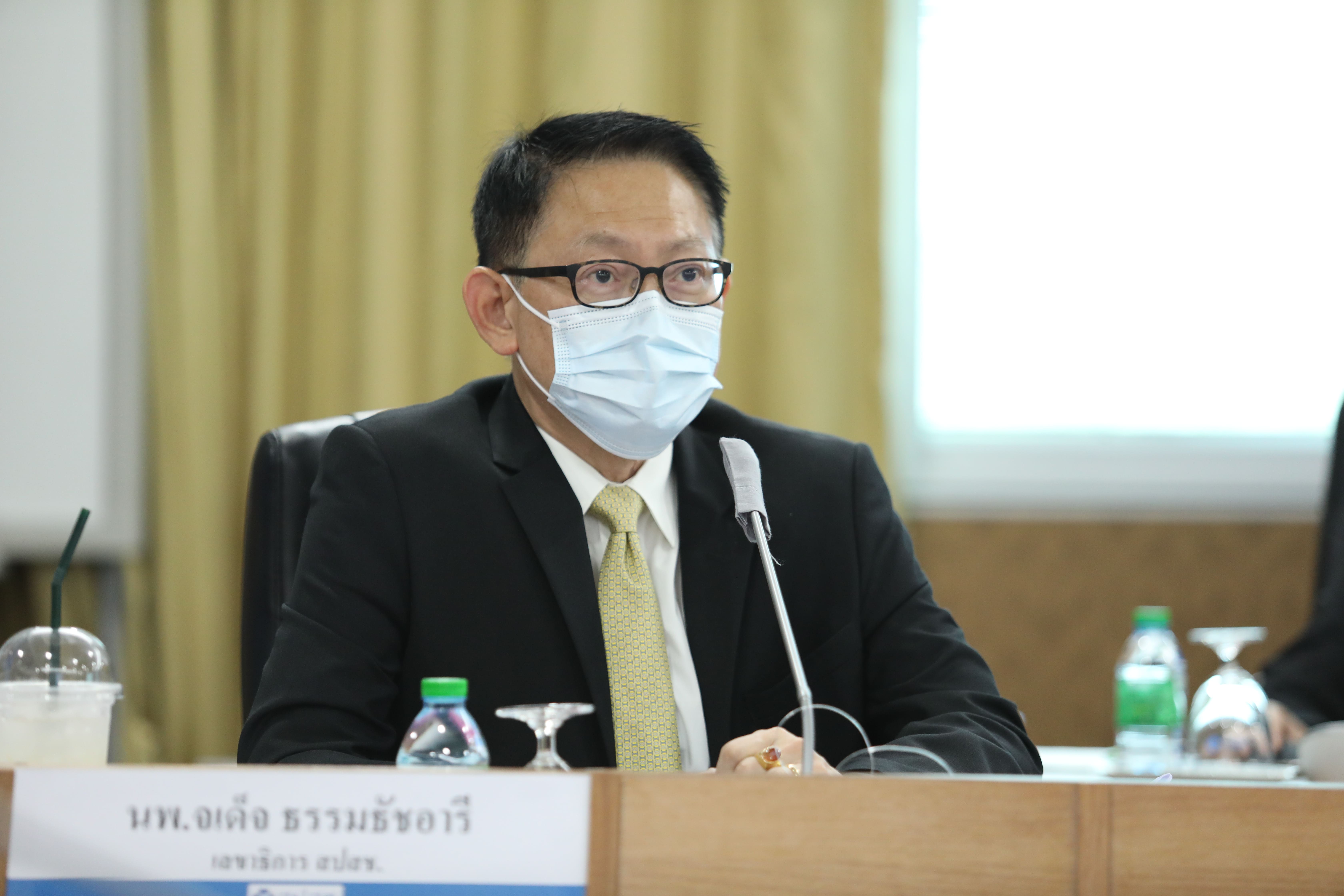
- Home
- DescriptionNews
Every Thai newborn to get free hearing tests

Every Thai newborn to get free hearing tests
Every Thai newborn is eligible to get a free hearing screening from now on.
On Jul 4, the National Health Security Board (NHSB) had the resolution to include newborn hearing screening into the Universal Coverage Scheme (UCS) benefits package.
All Thai newborns are eligible for this new benefit as they are covered by the UCS since their birth.

Chaired by Deputy Prime Minister and Minister of Public Health Anutin Charnvirakul, the NHSB agreed that access to hearing screening is highly important as hearing ability determines the success of child development in their first five years.

The NHSO secretary-general Dr Jadej Thammatacharee said that hearing ability is one of five senses needed for learning.
The other four senses are touching, sighting, smelling, and taste.
“If children lose their hearing ability, they will have trouble learning the languages.
This undermines their ability to communicate with others, engage with society, memorize and learn new lessons when they join schools,” he said.
“Access to hearing tests is vital for every newborn. It allows parents to detect hearing loss in their children as early as possible, so the children will receive treatment and regain their hearing ability before it’s too late.”
World Health Organization reports that around 466 million people worldwide have disabling hearing loss, and 34 million are children.
In children under 15 years of age, 60% of hearing loss is attributable to preventable causes, including infections, complications at the time of birth, and the use of ototoxic medicines in expecting mothers and babies.
Hearing loss is found in 1.7 children per 1,000 Thai population. One by three of them have severe hearing problems.
Under the UCS, newborns will receive two types of hearing screening Otoacoustic Emission testing (OAE) and Automated Auditory Brainstem Response testing (AABR).
OAE is used to assess the status of an inner ear or cochlea. A small probe is placed into the ear containing a speaker to deliver sounds inside the ear.
If a child has a hearing problem, their ear will produce small volume of otoacoustic emissions.
But this test alone cannot diagnose hearing loss accurately. The child will need to go through AABR testing, in which small earphones are placed in the child’s ears to release the sounds.
Soft electrodes are placed near the ears and on the forehead to measure how the hearing nerves and brain respond to the sounds.
The NHSO estimates that around 555,200 babies will be delivered in 2023, requiring 17-million-baht to fund the hearing tests and equipment for hospitals.
Since Dec 2020, the NHSB has made free cochlear implants available for newborns with hearing loss.
Due to the devices’ high cost, the NHSO has negotiated with medical suppliers who can reduce the price to less than 600,000 baht per unit.
///////////

